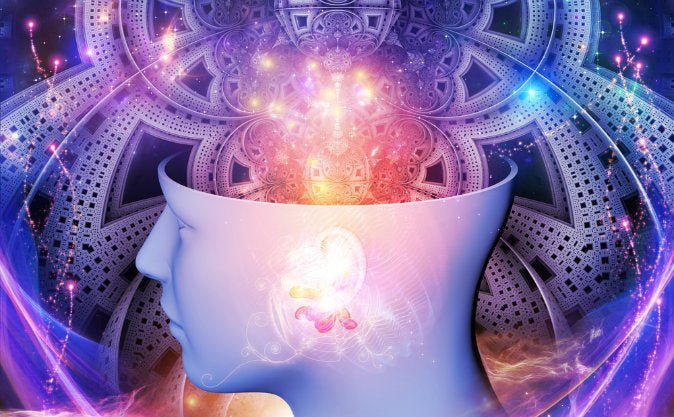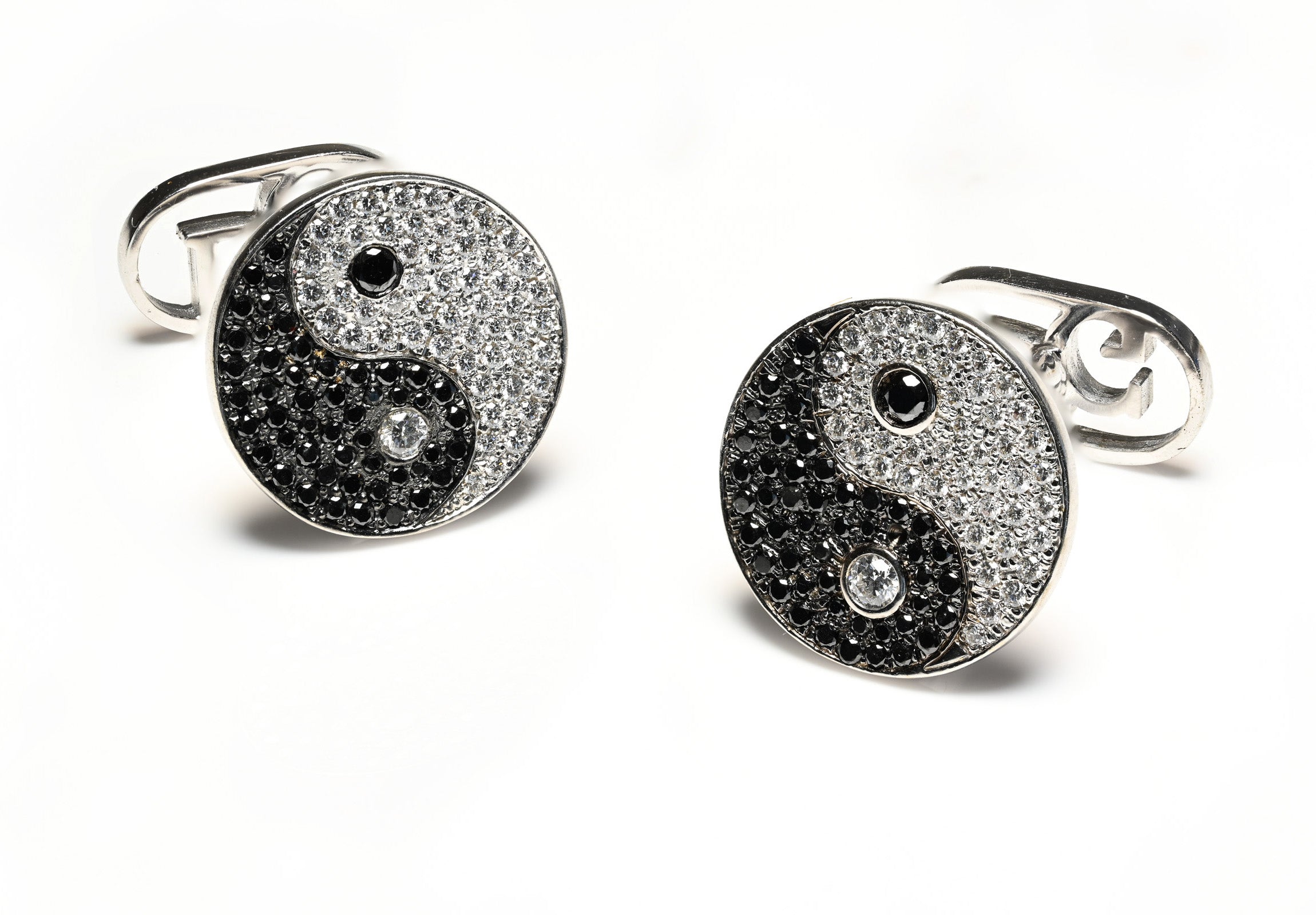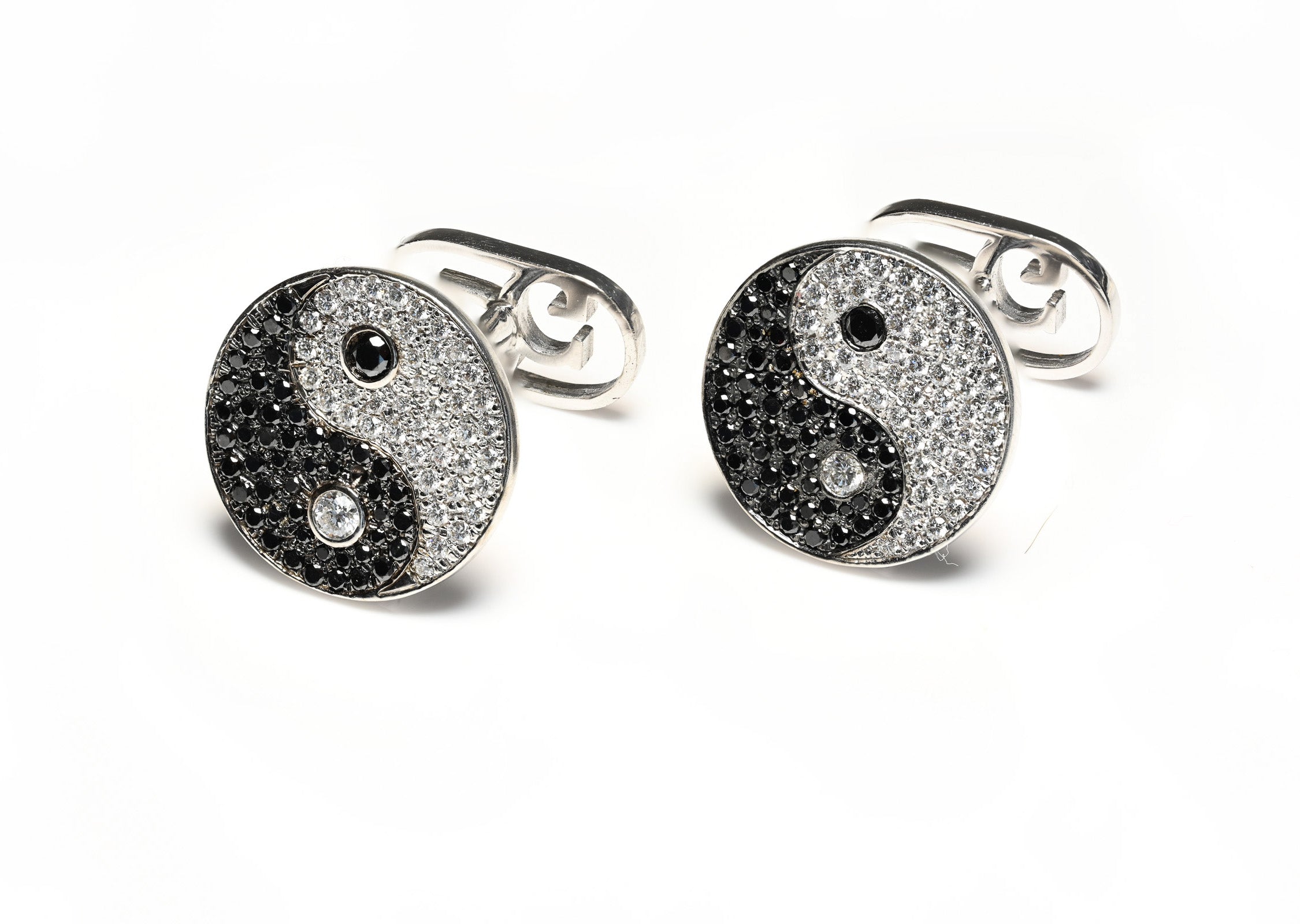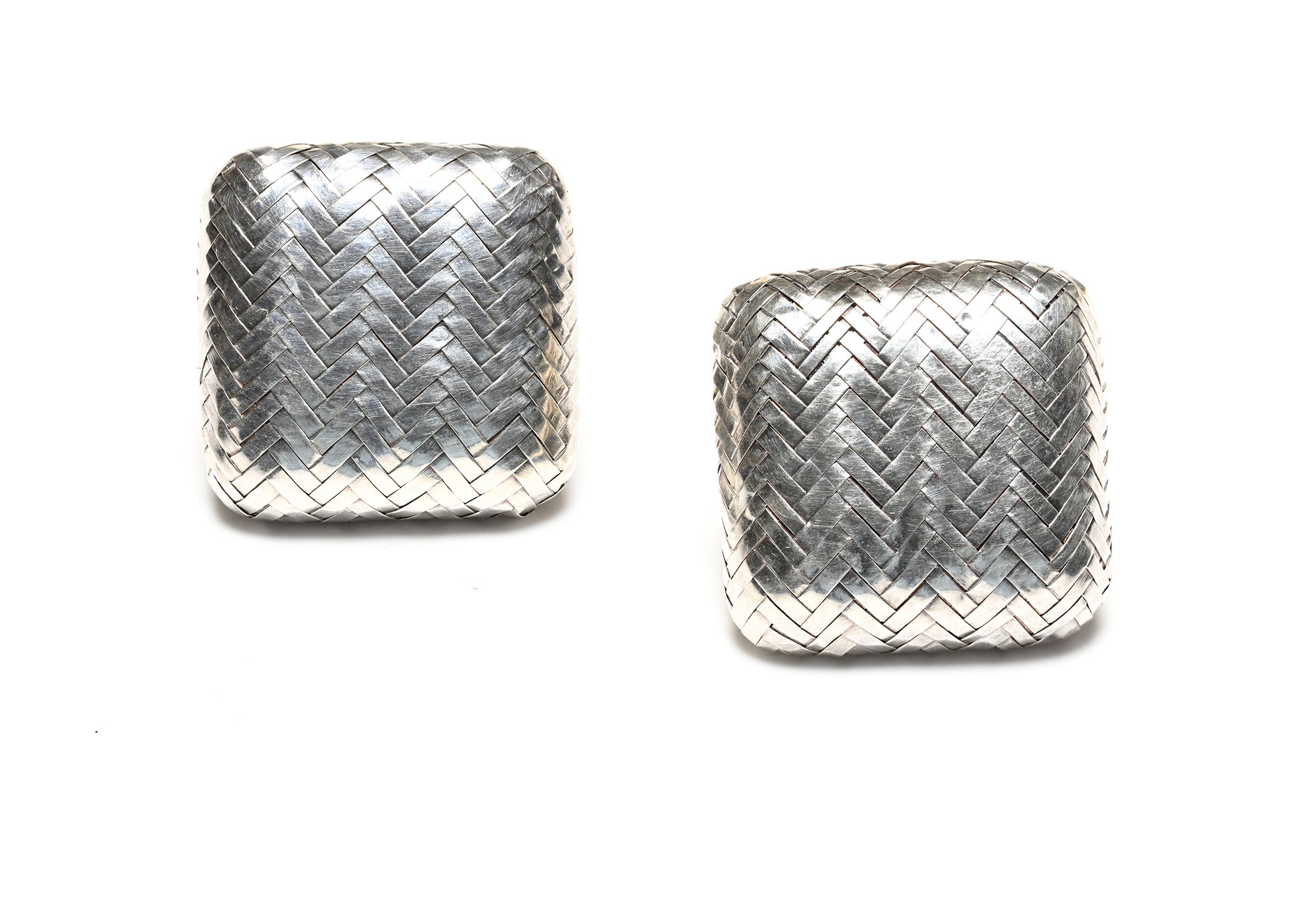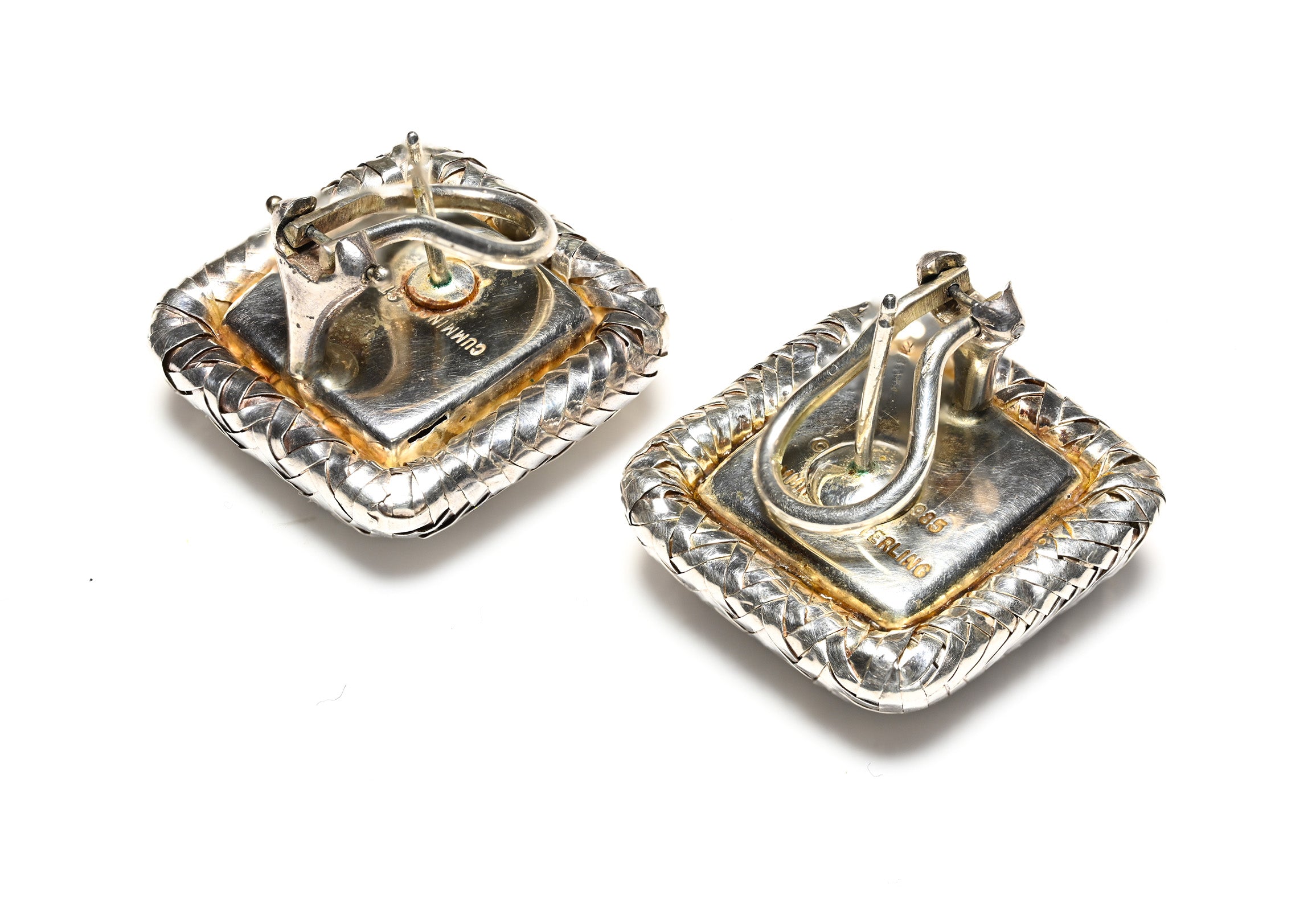
The Power Of Feng Shui: An Efficient Working Environment
If we have a messy office, then so will our minds. At least that's what Jade Sky thinks. The author of the book "Clear your office" explains how some of the Feng Shui principles should be applied in the workplace so that our office (or any other professional environment) may become a place where the mind is serene and productive.
The first word is "tidiness" and is naturally the first step that helps the practical side, but also the symbolic one: how can the brain be used to its full capacity if we are surrounded by piles of paper, lunch leftovers, and so on? A cleaner and more organized environment can instill peace and quiet, helping to increase productivity.
According to the author, at least half of the workspace should be free of clutter. Whenever possible, your desk should be positioned to have the door of the room at the front - in a "power" position - not at the back, and if this is not possible, then there needs to be as much free space around it as possible.
It's also important that natural light floods the work area: Jade Sky suggests that the desk should always be located near a window.
Discover The Immense Subtle Power Of Feng Shui
Personalizing the workplace can help us to better tackle daily tasks. As mentioned, you should always keep your desk tidy and as uncluttered as possible, but the presence of objects can encourage a peaceful mood.For example, we are happier and more motivated looking at photos of loved ones, fresh flowers full of color and vitality, or why not a bonsai tree.
Plants generally contribute to mental well-being, especially bamboo. Also, a salt lamp on your desk would help attract positive energies. Finally, the choice of colors is important: light-colored objects should be chosen and, if possible, a desk of a neutral shade.
Feng Shui (literally "wind, and water") is a set of geomancy principles, which states that shapes and the environment can influence the qi (vital energy) principle. The aim is to achieve harmony in the places where people live by analyzing the flow of energy in the environment (qi).
Based on the theory of the five elements (earth, metal, water, wood, fire) and the principles of yin and yang, the feng-shui expert tries to rebalance the forces that manifest locally to improve people's health, prosperity, and behavior.
Positive qi brings good luck, negative qi brings bad luck. Air and water are the two energy currents essential to life on Earth.
The earliest evidence of Feng Shui dates back to the 3rd century AD.
This article has been compiled with information from the book "Clear your office" and Wikipedia.org.
View Our Journal & News

![Thailand's Breathtaking Lantern Festival [Incredible Photos] - DSF Antique Jewelry](http://dsfantiquejewelry.com/cdn/shop/articles/thailands-breathtaking-lantern-festival-incredible-photos-326038.jpg?v=1711646000&width=700)
